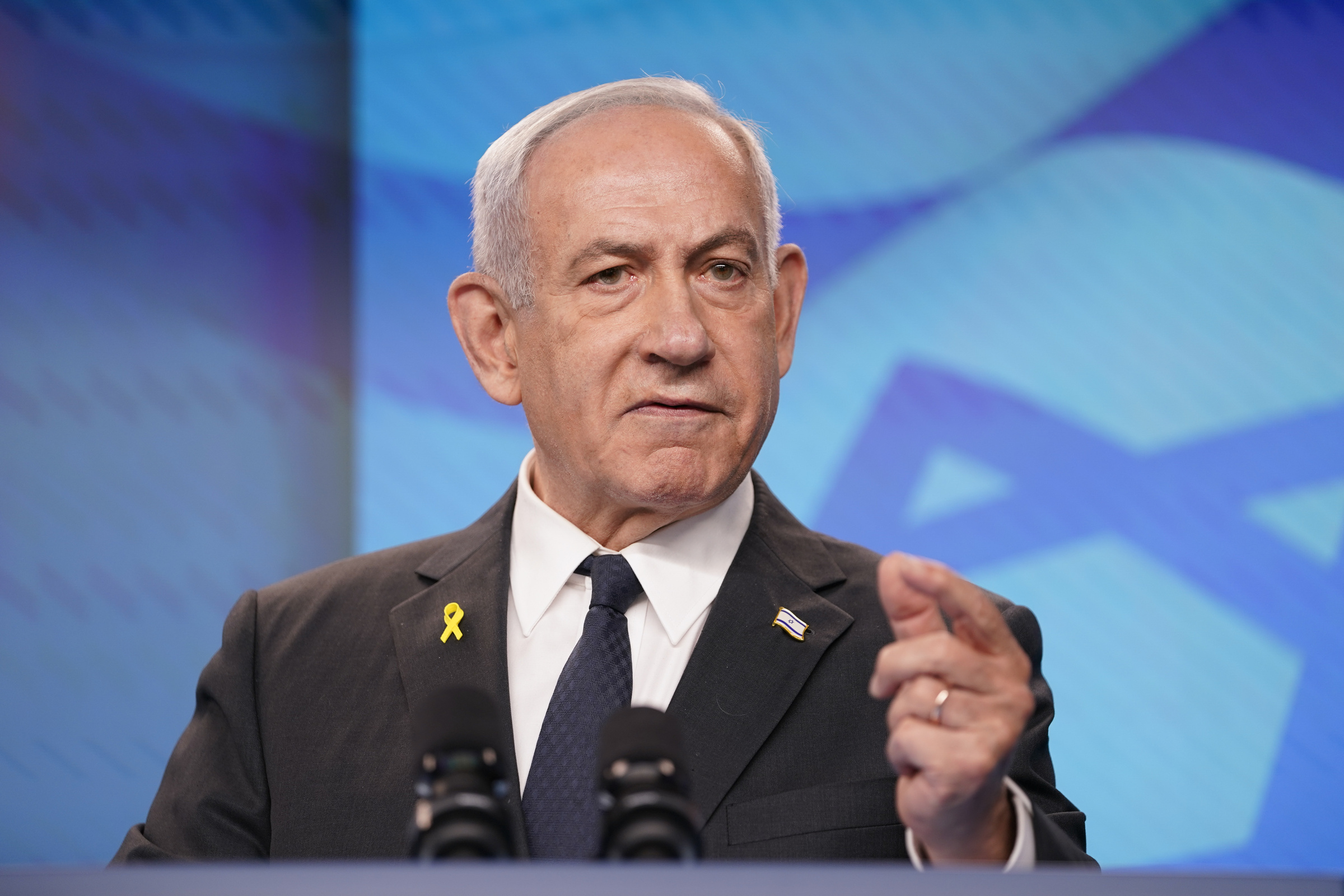Before the October 2023 Gaza conflict erupted, Israeli Prime Minister Benjamin Netanyahu was not known for taking risks. Despite harsh rhetoric against Hamas, he usually acted cautiously. However, his decision to send troops into Gaza City, despite international outcry, suggests a shift in his approach.
On 16/9, Israeli Defense Minister Katz posted on X that "Gaza City is burning" as the Israeli military launched its most intense attack on the area in nearly two years of conflict. The UN Secretary-General called the Israeli offensive "horrific".
The Gaza City operation has not only intensified international outrage but also endangered the lives of 20 Israeli hostages held by Hamas. A ceasefire seems unlikely at this point.
Despite this, Prime Minister Netanyahu appears unwavering. This week, he proposed that Israel become a "super Sparta," suggesting the nation should emulate ancient Greece’s rise to military power through ruthlessness. He stated that Israel can handle "isolation" with a "self-sufficient" economy.
"He's lost control. There are no red lines anymore," said Itamar Rabinovich, former Israeli ambassador to the US.
 |
Israeli Prime Minister Benjamin Netanyahu at a press conference in Jerusalem on 15/9. Photo: AP |
Israeli Prime Minister Benjamin Netanyahu at a press conference in Jerusalem on 15/9. Photo: AP
Observers note Netanyahu's increasingly defiant stance despite pressure from families of hostages, street protests, and criticism from European allies. He seems to be staking everything on creating a legacy of victory to overshadow the October 2023 Hamas attack, considered Israel's biggest security failure.
This month, Netanyahu declared there "will be no Palestinian state," solidifying his position on the issue. This statement is also seen as a response to France, the UK, Canada, and Australia, which are expected to recognize a Palestinian state at the UN General Assembly next week.
Netanyahu has held power for nearly 18 years, making him Israel's longest-serving leader. Throughout his tenure, he has proven to be a shrewd, flexible, and hardline leader.
To his supporters, he is the only one capable of confronting Israel's adversaries on multiple fronts. He has overseen the assassination of Hezbollah leaders in Lebanon, undermined Iran’s nuclear ambitions through the 12-day war, and confronted Houthi forces in Yemen, Hamas in Gaza, and militia groups in Syria and Iraq.
National Security Minister Itamar Ben-Gvir, Netanyahu’s far-right ally, expressed full support for the decision to send troops into Gaza City. "The moment of decision has arrived," he wrote, adding two emojis: a fire and a red X, seemingly alluding to the eradication of Hamas or Gaza, or perhaps both.
Netanyahu also benefits from the near-unconditional support of US President Donald Trump. Observers believe this backing emboldens the prime minister, confident that the US will stand by him regardless of the consequences.
"Trump is the only person in the world who can tell Bibi what to do," said Ehud Olmert, former prime minister and a staunch critic of Netanyahu. "Bibi" is Netanyahu’s nickname.
During US Secretary of State Marco Rubio’s two-day visit to Israel this week, Netanyahu faced no criticism from Washington despite Israel's recent attack on Hamas leadership in Qatar, a key US ally. Rubio said the US doesn't expect an agreement with Hamas, "a group whose stated mission is the destruction of the Jewish state," and pledged "unwavering support" for Israel's objectives.
The unprecedented attack on Hamas leadership in Qatar clearly signals Israel’s belief it can act with impunity, crossing any line without consequence, according to observers.
"We've seen Israel almost freely bomb areas across the Middle East. And they will continue to do so unless someone takes decisive action to stop them," said Mairav Zonszein, a senior analyst on Israel at the International Crisis Group (ICG) in Belgium.
The Doha attack surprised many, exceeding expectations of Israel’s limits. "I don't think Qataris could imagine that one day Israel would fire missiles at a target in the middle of Doha," said Palestinian defense analyst Hamze Attar.
Cinzia Bianco, a visiting fellow at the European Council on Foreign Relations, said Israel's past attacks across the Middle East suggested Qatar wasn't entirely off-limits. "But clearly no one anticipated such a direct attack. And the recklessness and loss of control in that action surprised everyone," Bianco said.
Israeli military strikes on Gaza City in a video posted on 17/9. Video: IDF
Along with the ongoing military operation in Gaza City, where the Israeli army has ordered around one million Palestinians to evacuate, observers believe Israel plans to continue the fight to eradicate Hamas, regardless of the risk to negotiations.
"I think the key point here is that Israel clearly doesn't care about any ceasefire or peace talks," Zonszein said.
Analysts suggest that the lack of significant repercussions from regional and international actors has emboldened the Netanyahu government to push the boundaries.
"Israel has crossed red line after red line, but nothing has happened. Every time they cross a line, they go back and do it again," said Rob Geist Pinfold, a lecturer in international security at King's College London.
Thanh Tam (According to Al Jazeera, Guardian)












